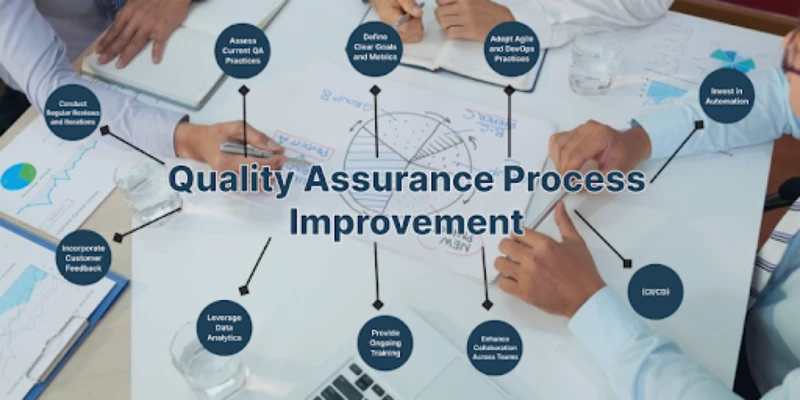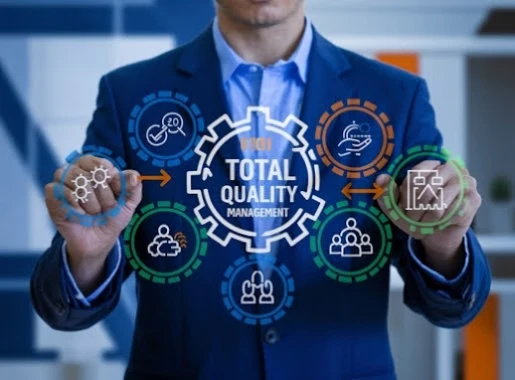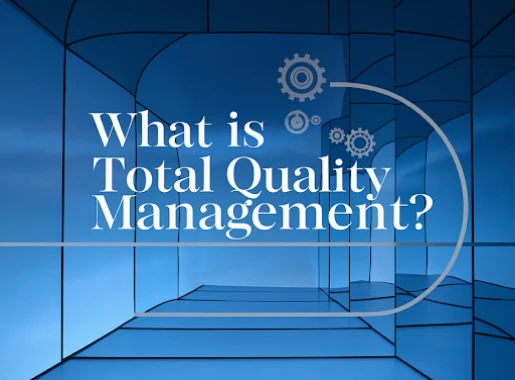Enhancing Quality Assurance: A Comprehensive Guide to Process Improvement
Quality assurance (QA) delivers reliable and high-performing products. As customer demands evolve and competition intensifies, just maintaining a QA process is no longer sufficient—constant improvement is essential. By refining QA practices, businesses can identify gaps, eliminate redundancies, and foster a culture of proactive quality management. This not only enhances product reliability but also drives customer trust and long-term success.

This blog explores practical strategies, cutting-edge tools, and actionable insights to help organizations elevate their QA processes, ensuring efficiency, adaptability, and superior customer satisfaction.
Understanding the Need for QA Process Improvement
QA process improvement involves refining existing methodologies, eliminating inefficiencies, and adopting innovative practices to achieve higher standards of quality. The primary objectives include:
- Reducing Defects: Ensuring fewer errors in products or services.
- Enhancing Efficiency: Streamlining processes to save time and resources.
- Boosting Customer Satisfaction: Delivering superior quality that meets user needs.
- Adapting to Change: Keeping up with technological advancements and evolving market demands.
How Can You Improve QA Processes?
Enhancing QA processes requires a systematic approach to address inefficiencies and embrace innovative strategies. Below are key steps to guide you in optimizing quality assurance.
-
Assess Current QA Practices
Begin by evaluating your existing QA process. Conduct audits, gather
feedback from stakeholders, and analyze defect patterns to identify strengths and
weaknesses.
Key Questions to Ask:
- Are there recurring defects?
- What are the most time-consuming aspects of the process?
- Are current tools and technologies adequate?
- Define Clear Goals and Metrics Set specific, measurable objectives for process improvement. Define key performance indicators (KPIs) such as defect rates, test coverage, and time-to-market to track progress.
- Adopt Agile and DevOps Practices Incorporating Agile and DevOps methodologies can significantly enhance QA processes. Agile promotes continuous testing and iteration, while DevOps bridges the gap between development and operations for faster delivery and feedback loops.
-
Invest in Automation
Automation testing tools like Selenium, TestComplete, and Appium can
accelerate testing, reduce manual errors, and improve consistency. Prioritize
automating repetitive and high-volume tasks.
Best Practices for Automation:
- Start small with critical test cases.
- Regularly update and maintain test scripts.
- Use tools that integrate seamlessly with your development environment.
- Implement Continuous Integration/Continuous Delivery (CI/CD) CI/CD pipelines enable continuous testing and deployment, ensuring that defects are detected and resolved early in the development cycle. This approach reduces the cost and time associated with fixing bugs post-release.
- Enhance Collaboration Across Teams Foster open communication between QA, development, and operations teams. Use collaborative tools like JIRA, Slack, and Trello to share insights, track issues, and manage tasks efficiently.
- Provide Ongoing Training Equip your QA team with the latest skills and knowledge. Regular training sessions, workshops, and certifications can keep the team updated on industry trends and new tools.
- Leverage Data Analytics Use analytics to gain insights into testing performance, defect trends, and customer feedback. Tools like Power BI and Tableau can help visualize data for informed decision-making.
- Incorporate Customer Feedback Direct feedback from customers provides invaluable insights into quality concerns and areas for improvement. Use surveys, reviews, and usability testing to align QA goals with user expectations.
- Conduct Regular Reviews and Iterations QA process improvement is an ongoing effort. Schedule periodic reviews to evaluate the effectiveness of implemented changes and identify new areas for enhancement.
What Are the Common Challenges in QA Process Improvement?
Improving QA processes often uncovers obstacles that can hinder progress. Understanding these challenges is the first step towards addressing them effectively. Here are some of the most common issues faced during QA process improvement:
- Resistance to Change Teams may resist adopting new tools or methodologies. Overcome this by involving stakeholders early, demonstrating the benefits, and providing adequate training.
- Budget Constraints Improving QA processes often requires investment in tools, training, and resources. Justify costs by highlighting long-term savings and quality benefits.
- Complexity of Automation Not all processes are suited for automation. Carefully evaluate and prioritize tasks that will yield the highest ROI.
- Maintaining Quality in Rapid Development Cycles Balancing speed with quality can be challenging in fast-paced environments. Agile and DevOps practices can help mitigate this issue.
What Tools and Technologies Can Improve QA Processes?
The right tools and technologies can streamline workflows, enhance testing efficiency, and ensure higher quality outcomes. Here are some key tools and their applications:
- Test Management Tools: JIRA, TestRail, Zephyr
- Automation Tools: Selenium, TestComplete, Appium
- CI/CD Tools: Jenkins, GitLab CI/CD, Bamboo
- Performance Testing Tools: JMeter, LoadRunner, Gatling
- Collaboration Tools: Slack, Microsoft Teams, Confluence
Real-World Cases
Case Study: Automation in E-commerce
A leading e-commerce platform implemented Selenium to automate their regression testing. Within six months, they reduced manual testing time by 40% and achieved a 20% decrease in post-deployment defects.
Case Study: Agile Adoption in Finance
A financial services firm adopted Agile methodologies, focusing on iterative development and continuous testing. This shift resulted in a 30% faster time-to-market for new features, with a marked improvement in software reliability.
Elevate Quality with AMREP Mexico: Your Partner in QA
Quality assurance is not a one-time task but an evolving process. By continuously refining QA strategies, adopting modern tools, and fostering collaboration, organizations can achieve superior quality outcomes. The journey to QA process improvement requires commitment, adaptability, and a focus on delivering exceptional value to customers.
At AMREP Mexico, we specialize in driving excellence through customized QA solutions tailored to your unique needs. Our expertise ensures streamlined processes, improved product reliability, and adherence to the highest industry standards.
Start your QA process improvement journey today and reap the rewards of enhanced efficiency, reduced defects, and satisfied customers!


